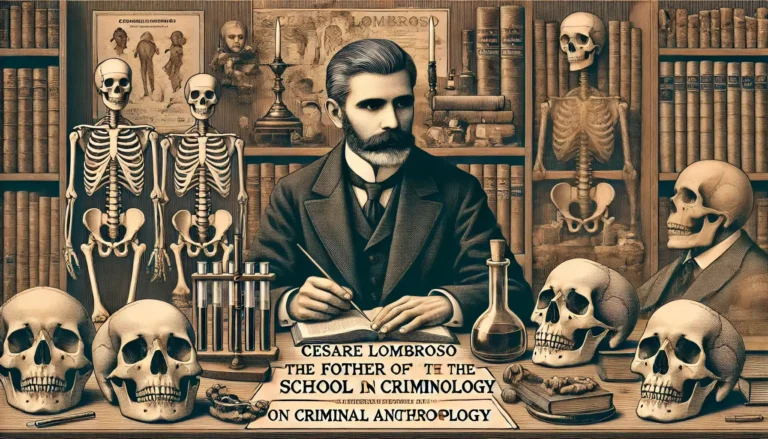The Formative School: Foundations, Thinkers, and Modern Impact on Criminology
The Formative School represents a pivotal framework in the history of criminology, offering foundational insights into understanding criminal behavior. Emerging during the late 19th and early 20th centuries, this school emphasized the role of biological, psychological, and sociological factors in shaping criminal tendencies. Unlike classical theories that focused on free will and rational choice, the…


